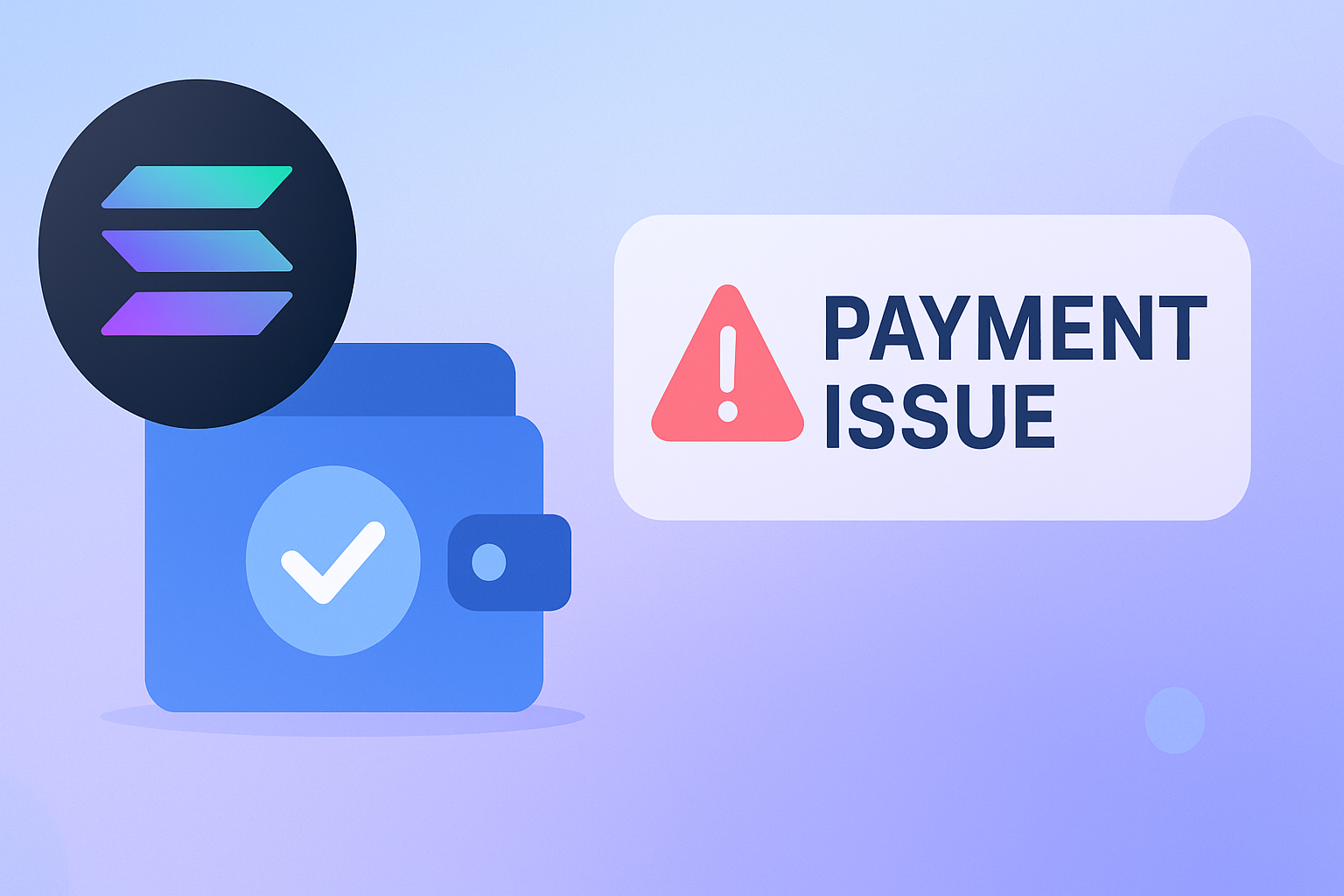Proxies are invaluable tools in today’s digital landscape, offering privacy, bypassing geographic restrictions, and enhancing online security. But how safe are proxies? This guide explores the security aspects of proxy usage and highlights how GridPanel proxies provide a secure and reliable solution.
What Are Proxies?
A proxy server acts as an intermediary between your device and the internet. Instead of connecting directly to a website, your requests go through the proxy, which then forwards the response back to you. Proxies can be used for various purposes, including:
- Hiding your IP address for anonymity.
- Accessing region-restricted content.
- Monitoring web traffic for businesses.
- Optimizing bandwidth and performance.
Types of Proxies and Their Security
The safety of proxies depends significantly on their type. GridPanel offers secure and high-performance options to cater to diverse needs:
1. Free Proxies
Free proxies might sound appealing, but they often come with significant risks:
- Security Concerns: They may log your data, making it vulnerable to third-party exploitation.
- Performance Issues: Free proxies are usually overcrowded, leading to slow speeds and unreliable connections.
- Limited Encryption: Most free proxies lack advanced encryption, exposing your data to potential interception.
2. GridPanel Mobile 4G/5G Proxies
GridPanel’s mobile proxies deliver unmatched security and performance:
- Rotating IPs: Frequently changing IP addresses provide enhanced anonymity.
- Carrier-Based Security: These proxies operate on trusted mobile networks, reducing the risk of detection and blocking.
- High Speed and Reliability: Designed for tasks like web scraping, ad verification, and SEO monitoring, ensuring consistent performance.
3. Residential Proxies
GridPanel also offers residential proxies with IPs tied to real residential addresses:
- Legitimacy: Harder to detect as proxies, reducing the chance of blocks or bans.
- Higher Trust Level: Suitable for sensitive tasks requiring discretion.
Common Security Risks of Generic Proxies
While proxies can offer numerous advantages, relying on generic or free proxies often introduces significant risks:
- Data Logging: Many free proxies log your activities and may sell this information to advertisers or other third parties, compromising your privacy.
- Weak Encryption: Free proxies frequently lack robust encryption, leaving your data vulnerable to interception by malicious actors.
- Unreliable Performance: Overcrowded servers and limited resources often result in slow and unstable connections, making them unsuitable for critical tasks.
- Risk of Malware: Some free proxies may inject ads or malicious code into your browsing sessions, potentially infecting your device.
- IP Leaks: Poorly configured free proxies might expose your original IP address, defeating its primary purpose.
To mitigate these risks, it's essential to avoid free proxy services and opt for trusted, secure providers just like GridPanel.
Conclusion
Proxies can be safe if used correctly and with reputable providers like GridPanel. By understanding the different types of proxies, their potential risks, and security measures, you can leverage their benefits while minimizing vulnerabilities.
GridPanel offers premium 4G, and 5G proxies with top-notch security and performance. Whether you need to browse securely, scrape data efficiently, or bypass geographic restrictions, GridPanel has you covered. Start your journey toward safer and more efficient browsing today!





